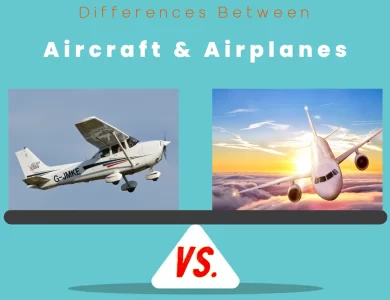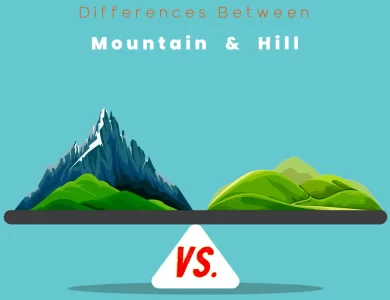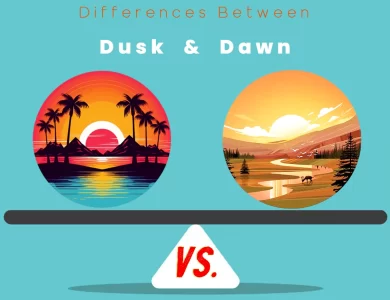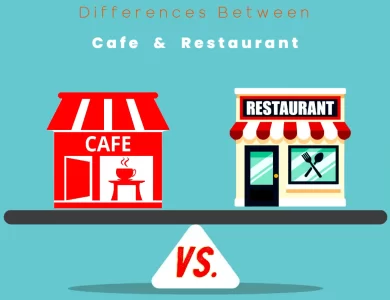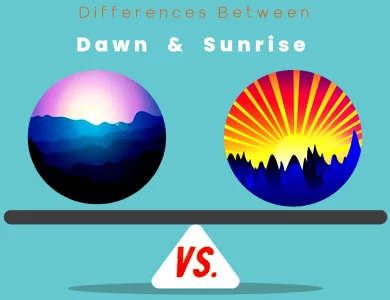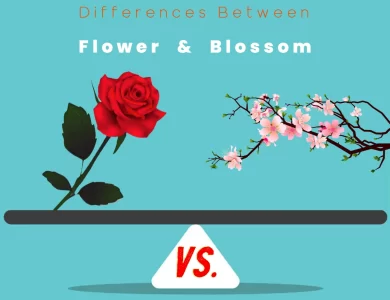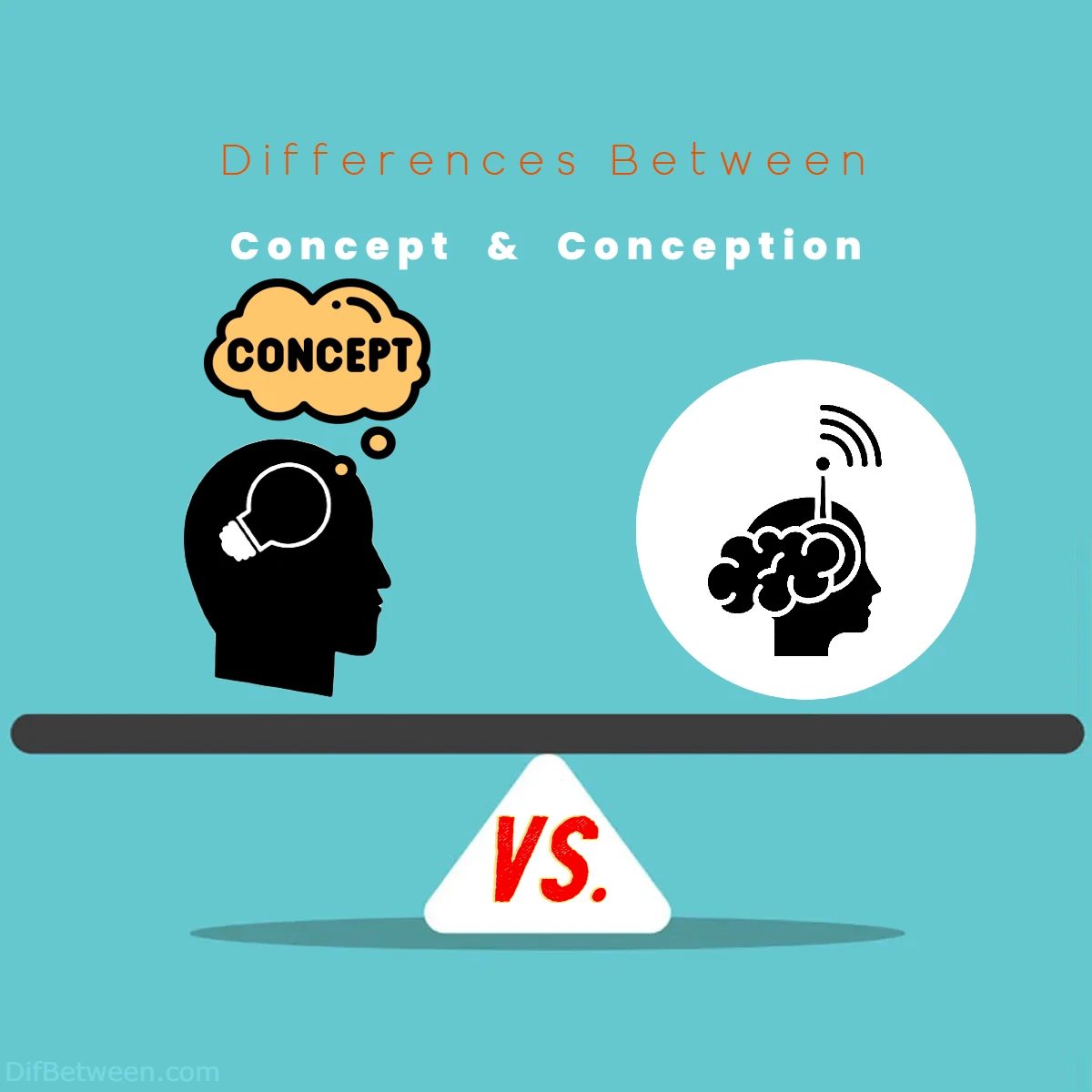
| Aspect | Concept | Conception |
|---|---|---|
| Meaning and Context | Abstract ideas, principles, mental constructs | Fertilization of an egg, beginning or inception of something |
| Usage in Biology | Rarely used in biology | Specifically used in biological reproduction |
| Metaphorical Use | Frequent | Common |
| Examples | Intangible notions, theories | Biological and non-biological contexts |
| Word Origins | Latin “conceptus” (a thing conceived) | Latin “conceptio” (a taking in, conception) |
| Grammatical Usage | Primarily a noun, occasional adjective | Primarily a noun |
| Cultural Significance | Shaping cultural and scientific paradigms | Primarily related to reproduction and family |
| Synonyms | Idea, notion, theory, principle | Beginning, inception, initiation, creation |
| Antonyms | Misconception, misunderstanding | Termination, end |
| Philosophical Significance | Central in philosophical inquiries | Discussed but not central |
| Evolution of Ideas | Ideas and concepts can evolve | More static, typically referring to an origin |
| Academic and Scientific Usage | Integral in academic and scientific discourse | Less common in academic and scientific contexts |
| Cultural Interpretations | Varied cultural interpretations | Primarily related to reproduction and family |
| Influence on Language | Shapes language and thought | Has a limited impact on language |
| Creative and Artistic Expression | Inspires creative works | Can serve as a creative metaphor |
| Historical Significance | Significant in history and civilization | Shaped historical practices in reproduction |
| Legal and Ethical Implications | Relevant in legal and ethical debates | Limited impact on legal and ethical debates |
| Emotional and Personal Associations | Elicits personal and emotional responses | Personal associations often tied to parenthood |
In the realm of language and communication, words are like puzzle pieces. Each one has its unique shape and place, contributing to the grand mosaic of human expression. In our upcoming exploration, we will dissect the essence of “concept” and “conception” – two seemingly similar words that inhabit vastly different territories of meaning.
Differences Between Concept and Conception
The main differences between “Concept” and “Conception” lie in their meanings and usage. “Concept” refers to an abstract idea, thought, or mental construct used across various fields like philosophy, science, and everyday language. In contrast, “Conception” primarily pertains to the biological process of fertilization, resulting in the formation of an embryo, but can also metaphorically signify the beginning or initiation of an idea or project. These distinctions in meaning, context, and usage make it crucial to use these words accurately, ensuring effective communication and precise conveyance of ideas.
Defining the Terms
Concept
Definition: A “concept” refers to an abstract or general idea, thought, or notion. It represents a mental construct that helps us understand and categorize the world around us. Concepts are the building blocks of our understanding and language, allowing us to communicate complex ideas effectively.
Usage: Concepts are used in various fields, including philosophy, science, art, and everyday conversations. They serve as the foundation for theories, beliefs, and the development of knowledge. For example, the concept of “democracy” represents the idea of a government system where citizens have the power to elect their leaders.
Examples:
- The concept of time is fundamental to our perception of reality.
- In physics, the concept of gravity explains why objects fall towards the Earth.
Conception
Definition: “Conception,” on the other hand, primarily refers to the process of conceiving or becoming pregnant. In a biological context, it specifically pertains to the fertilization of an egg by sperm, resulting in the formation of an embryo. However, “conception” can also be used more broadly to describe the inception or beginning of an idea, plan, or project.
Usage: The term “conception” is predominantly used in the realm of biology and reproduction. When used metaphorically, it denotes the origin or initiation of something, such as a creative endeavor or a business idea. For instance, “the conception of a new art movement” suggests the birth of a novel artistic style.
Examples:
- Mary’s conception of a child was a joyful moment for her and her husband.
- The conception of the internet revolutionized communication and information sharing.
Analyzing the Differences
Now that we’ve clarified the basic definitions, let’s delve deeper into the key differences between “concept” and “conception” across various aspects:
Meaning and Context
- Concept: Primarily deals with abstract ideas, principles, or mental constructs used for understanding and communication. It spans a wide range of topics, from philosophy to everyday language.
- Conception: Focuses on the act of conceiving or the beginning of something, whether it’s the creation of life in biology or the inception of ideas or projects in a broader sense.
Usage in Biology
- Concept: Rarely used in biological contexts, except when discussing theoretical or abstract concepts related to biology, such as the concept of natural selection in evolutionary theory.
- Conception: Specifically and exclusively used in biology to describe the fertilization of an egg by sperm, leading to the formation of an embryo.
Metaphorical Use
- Concept: Frequently used metaphorically to describe the fundamental ideas or building blocks of various disciplines or creative works.
- Conception: Used metaphorically to denote the beginning or inception of something, such as a plan, idea, or project.
Examples
- Concept: Examples often revolve around intangible notions or theories, like the concept of justice or the concept of time.
- Conception: Examples can relate to both biological processes (e.g., the conception of a child) and non-biological contexts (e.g., the conception of a new business strategy).
Word Origins
- Concept: Derives from the Latin word “conceptus,” which means “a thing conceived.” Its historical roots are tied to the idea of mental apprehension.
- Conception: Also has Latin origins, stemming from “conceptio,” which means “a taking in” or “conception” in the sense of pregnancy.
Grammatical Usage
- Concept: Typically used as a noun, but it can occasionally function as an adjective when describing something related to a concept, such as a “conceptual framework.”
- Conception: Primarily used as a noun, whether in the biological or metaphorical sense.
Cultural Significance
- Concept: Often plays a significant role in shaping cultural, philosophical, and scientific paradigms.
- Conception: Holds cultural significance primarily in the context of human reproduction and family planning.
Synonyms and Antonyms
- Concept: Synonyms include “idea,” “notion,” “theory,” and “principle.” Antonyms may include “misconception” or “misunderstanding.”
- Conception: Synonyms encompass “beginning,” “inception,” “initiation,” and “creation.” Antonyms might include “termination” or “end.”
A Visual Comparison
Let’s summarize the key differences between “concept” and “conception” in a table for quick reference:
| Aspect | Concept | Conception |
|---|---|---|
| Meaning and Context | Abstract ideas, principles, mental constructs | Fertilization of an egg, beginning or inception of something |
| Usage in Biology | Rarely used in biology | Specifically used in biological reproduction |
| Metaphorical Use | Frequent | Common |
| Examples | Intangible notions, theories | Biological and non-biological contexts |
| Word Origins | Latin “conceptus” (a thing conceived) | Latin “conceptio” (a taking in, conception) |
| Grammatical Usage | Primarily a noun, occasional adjective | Primarily a noun |
| Cultural Significance | Shaping cultural and scientific paradigms | Primarily related to reproduction and family |
| Synonyms | Idea, notion, theory, principle | Beginning, inception, initiation, creation |
| Antonyms | Misconception, misunderstanding | Termination, end |
Philosophical Significance
- Concept: Holds great importance in philosophy as it forms the basis for many philosophical inquiries and debates. Philosophers often explore the nature of concepts, their origins, and their role in human cognition.
- Conception: While it may be discussed in philosophical contexts, it is not a central concept in the same way as “concept.” Philosophers may discuss the conception of ideas or the conception of moral principles, but these discussions are often tied to broader philosophical themes.
Evolution of Ideas
- Concept: Ideas and concepts can evolve over time, leading to shifts in human understanding. New concepts may emerge, or existing ones may be redefined as knowledge and perspectives change.
- Conception: When used metaphorically, it may refer to the moment of inspiration or the initiation of an idea, but it does not necessarily imply ongoing development or evolution in the same way that concepts can evolve.
Academic and Scientific Usage
- Concept: Widely used in academic and scientific disciplines to define and explain fundamental principles, theories, and phenomena. Concepts are the cornerstone of academic discourse and research.
- Conception: Less commonly used in academic or scientific contexts unless specifically discussing topics related to reproduction or the origin of ideas.
Cultural Interpretations
- Concept: Cultural interpretations of concepts can vary significantly across different societies and time periods. Cultural norms and values often influence how concepts are defined and understood.
- Conception: Cultural interpretations primarily pertain to human reproduction, fertility, and family planning practices. The significance of conception in culture is closely tied to notions of family, lineage, and continuity.
Influence on Language
- Concept: Shapes the way language is used and developed, as new concepts require new words and expressions to describe them. It also influences the way people think and communicate about complex subjects.
- Conception: While it may influence language in specific contexts related to reproduction, its impact on language is not as pervasive or transformative as that of concepts.
Creative and Artistic Expression
- Concept: Often serves as a source of inspiration for creative and artistic works. Artists, writers, and musicians may draw on abstract concepts to convey their ideas and emotions through their creations.
- Conception: Can also inspire creativity when used metaphorically, such as in literature or visual arts to symbolize the birth of a new artistic movement or the beginning of a narrative.
Historical Significance
- Concept: Has played a crucial role in the development of human thought and civilization throughout history. It has been central to the emergence of scientific, philosophical, and political movements.
- Conception: Historically, it has been significant in the context of human reproduction and lineage, shaping societal norms and practices related to childbirth and family structures.
Legal and Ethical Implications
- Concept: Legal and ethical discussions often revolve around concepts, such as justice, rights, and morality. These discussions can have far-reaching implications for legal systems and societal norms.
- Conception: Legal and ethical discussions may touch on conception in the context of reproductive rights and assisted reproductive technologies, but its impact on legal and ethical debates is more limited compared to concepts.
Emotional and Personal Associations
- Concept: Can evoke a wide range of emotions and personal associations, as concepts often relate to deeply held beliefs, values, and experiences.
- Conception: Tends to have more personal and emotional associations in the context of family planning and the anticipation of parenthood.
Wrapping Up
In conclusion, “concept” and “conception” may share linguistic similarities, but their meanings and usage are distinct. “Concept” deals with abstract ideas and mental constructs, while “conception” is primarily associated with the fertilization of an egg and the beginning or inception of ideas or projects. Understanding these differences will enable you to use these words accurately and effectively in both casual conversations and specialized contexts. So, whether you’re discussing the concept of democracy or the conception of a groundbreaking invention, you’ll be equipped with the linguistic precision to convey your thoughts with clarity.
FAQs
The fundamental difference lies in their meanings and contexts. “Concept” refers to an abstract idea or mental construct used for understanding and communication across various fields, while “conception” primarily denotes the biological process of fertilization but can also metaphorically represent the beginning of an idea or project.
Yes, a common misconception is using “concept” when referring to the biological process of fertilization. Another is using “conception” when discussing abstract ideas. Understanding these distinctions helps avoid confusion.
“Concept” is integral to academic and scientific discourse, forming the basis for theories and research. “Conception” is less commonly used in these contexts, except when discussing reproductive biology.
Certainly! “The concept of democracy is essential to political theory.” “Mary’s conception marked the beginning of their family.”
“Concept” may vary in meaning across cultures and fields. “Conception” is primarily culturally significant in the context of human reproduction and family planning practices.
“Concept” is often relevant in legal and ethical debates concerning principles like justice. “Conception” can relate to reproductive rights and assisted reproductive technologies.
“Concept” can evoke emotions based on deeply held beliefs. “Conception” has personal associations related to parenthood and family planning.
Certainly! “Concept” deals with abstract ideas and mental constructs, while “conception” focuses on biological reproduction and the metaphorical beginning of ideas or projects.
Synonyms for “concept” include “idea,” “notion,” “theory,” and “principle.” Antonyms might be “misconception” or “misunderstanding.” Synonyms for “conception” encompass “beginning,” “inception,” “initiation,” and “creation,” while antonyms could include “termination” or “end.”
“Concept” shapes both language and thought by introducing new ideas and concepts. “Conception” has a more limited impact on language, mainly in specific contexts related to reproduction.
Read More:
Contents
